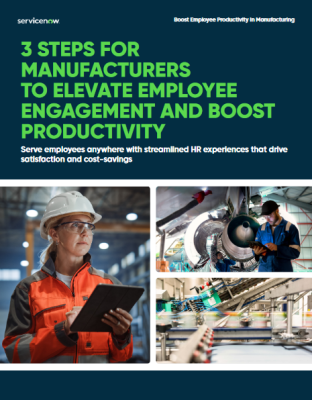Highlights:
- One of Onehouse’s lakehouse’s main benefits is that it eliminates the need for businesses to manage their extract, transform, and load (ETL) procedures, enabling users to begin studying data as soon as it is generated.
- The firm promised that the money from today’s round would continue developing Onehouse and extend its team to satisfy market demand for its product, so the new feature is probably the first of many to come.
Onehouse, a managed data lakehouse company, recently announced Onetable, a new feature for its platform, which will promote its vision of more straightforward, less expensive, and quicker data lakes.
It revealed the news as it disclosed that Addition and Greylock Partners, who had previously co-led its seed round in February 2022, has raised USD 25 million in a Series A round of fundraising on their behalf. Onehouse has so far raised USD 33 million.
Enterprises can use Onehouse’s data lakehouse, a relatively new service, to extract insights from their data. It has claimed to incorporate the best data lakes and warehouse elements into a single platform.
The business’s lakehouse service is a cloud-based, user-friendly offering. A lakehouse environment typically requires months of implementation effort and technical knowledge to set up. Still, Onehouse claims it can do away with all that and get its platform up and running in only a few short minutes.
The platform is built on the Apache Hudi open-source software developed by Vinoth Chandar, the founder and CEO of Onehouse, who also worked as a data architect at Uber Technologies Inc. at the same time. Each day, Apache Hudi is used by Uber to process 500 billion data points. Amazon.com Inc., Walmart Inc., and the aviation division of General Electric Co. are additional Apache Hudi users.
One of Onehouse’s lakehouse’s main benefits is that it eliminates the need for businesses to manage their extract, transform, and load (ETL) procedures, enabling users to begin studying data as soon as it is generated. It can access data from practically any data warehouse, including Google BigQuery, Snowflake, AWS Redshift, and data lake engines like AWS EMR and Databricks.
Companies struggle with ETL because it’s a labor-intensive procedure that frequently takes hours, which makes the data less usable by the time it’s evaluated. Data may be consumed practically immediately after it is created with Onehouse, enabling businesses to examine their data instantly.
Onehouse customers may now take advantage of native performance accelerations in systems like Databricks and Snowflake by collaborating with their corresponding open metadata layers, Delta Lake and Apache Iceberg, thanks to the advent of its new Onetable capability. Onetable avoids data fragmentation, according to the business, by doing away with the need to replicate data.
As a result, businesses can delegate data management to low-cost, open-source cloud warehouse services while streamlining their data architecture and supporting a more comprehensive range of data use cases. It includes traditional analytics, data science, stream processing, machine learning, and artificial intelligence.
Chandar said, “Over the past year we have built a first-of-its-kind cloud product to get data lakes up and running with just a few clicks. With Onetable, we are addressing a huge gap in the market around data interoperability, while enabling our customers to use Onehouse seamlessly with any major query engine.”
The firm promised that the money from the recent round would continue developing Onehouse and extend its team to satisfy market demand for its product, so the new feature is probably the first of many to come.
According to Jerry Chen of Greylock Partners, Onehouse is significantly influencing the data lakehouse industry. He said, “It’s delivering core infrastructure needs like data management, ingestion, performance tuning and interoperability with the ease of a cloud data warehouse.”








































































